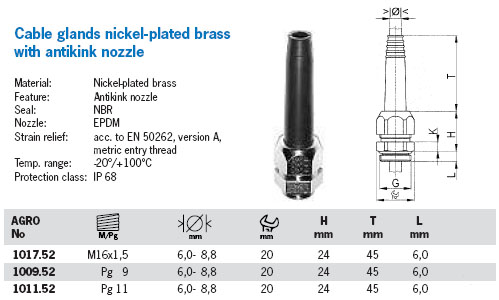The different letters in each type of portable cord designate the characteristics the cord has. The 'S' and 'J' letters in each of these types mean that they are ‘J’unior ‘S’ervice. Junior service simply means that the voltage rating of the cord is 300 volts. A single ‘O’ designates an oil resistant outer jacket, while the double ‘OO’ stands for oil resistant insulation and an oil resistant outer jacket. Finally, the ‘W’ stands for weather and water resistant, and is CSA approved for indoor or outdoor use.
Portable cords are also rated as heavy duty, medium duty and light duty. These designations are given based on the jacket used on the cord. All four types (SJ cable, SJO cable, SJOW cable; and SJOOW cable) are considered heavy duty, due to their thermoset rubber jackets. Portable cord with thermoplastic elastomer jackets are considered medium duty and those with thermoplastic jackets are designated as light duty.
You can tell what type of jacket the cord has by reading the letters as well. A thermoplastic elastomer jacket will have the letter "E", usually after the "S" or "SJ" depending on the service type. A thermoplastic jacket will have a "T" instead of an "E" in the same spot. The absence of an "E" or a "T" means it has a thermoset rubber jacket.






